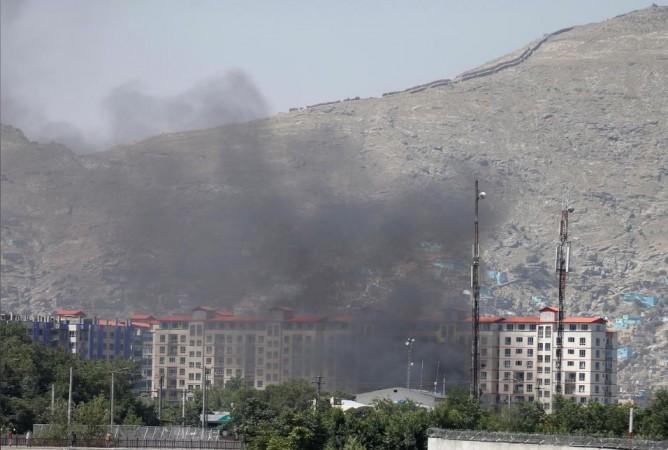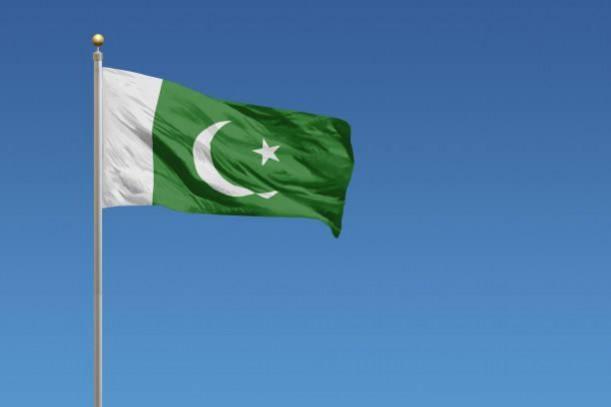Venkateswara Rao, belonging to the 1990 batch of Indian Foreign Services, had volunteered to serve in Kabul under difficult conditions and showcased his determination as well as courage of immeasurable proportions. But his untimely demise in the July 2008 terrorist attack on the Indian Embassy in Kabul will never be forgotten.
Rao was a bright and energetic officer and had served in various capacities in the Indian Missions in Berlin, Colombo, Kathmandu and Washington. His last tour of duty was in Kabul, where he had to lay down his life to a cowardly act of terrorism while serving in the line of duty.
Venkat, a friend in University; a dear colleague in Foreign Service & a wonderful human being. He was our finest diplomat, who had great stints in Washington & Colombo too. We miss him very much! https://t.co/qaQ5SpMBFj
— Taranjit Singh Sandhu (@SandhuTaranjitS) October 12, 2020
"His death, while answering the highest call of duty will be an inspiration to all of us reflecting the professionalism that our service represents," the Indian Foreign Service Association wrote in a statement conveying its heartfelt sympathies and condolences to the family of Rao.

"We stand by the bereaved family in their hour of grief. We also convey our condolences to the families of Brigadier R.D.Mehta, Defence Attache, Shri Ajai Pathaniya and Shri Roop Singh, both from the ITBP security contingent and the Afghan official who was working in the Embassy," the note read further.
Rao, a Kirti Chakra awardee, the country's second-highest peacetime military award, was killed along with Defence Attache R D Mehta and two ITBP jawans, namely Roop Singh and Ajai Pathania, in the terror attack.
The names of all the four were forwarded by the Defence Ministry for the top honour as a tribute to the deceased. But it was the first time when an IFS officer was awarded the military award for bravery. There have been only a few instances when some civilians and Jammu and Kashmir policemen have been honoured with the Chakra for exceptional courage.
Remembering Venkat. He volunteered to serve in Kabul at a difficult time, in the trenches of our diplomacy. We lost him in a terrorist attack in 2008. A sacrifice we will not forget. https://t.co/INpeqTu6Db
— Ajay Bisaria (@Ajaybis) October 10, 2020
PAK-sponsored terrorist attack
The suicide car bomb attack on the Indian embassy in Kabul on July 7, 2008, left 58 people killed and over 140 injured.
A senior American journalist much later divulged in her book that the deadly attack was sanctioned and monitored by senior officials of Pakistan's Inter-Service Intelligence (ISI).
"The embassy bombing was no operation by rogue ISI agents acting on their own. It was sanctioned and monitored by the most senior officials in Pakistani intelligence," Carlotta Gall wrote in her book 'The Wrong Enemy: America in Afghanistan 2001-2004'.

The then Bush administration, that received advance intelligence information, mainly through intercepts of phone calls, could not prevent the deadly attack, wrote Gall, one of the only women western reporters on the ground in Afghanistan after 9/11 and covered the Afghanistan-Pakistan conflict for 10 years.
The bombing of the Indian embassy in Kabul "revealed the clearest evidence of ISI complicity in its planning and execution," according to excerpts from the book.
"American and Afghan surveillance intercepted phone calls from ISI officials in Pakistan and heard them planning the attack with the militants in Kabul in the days leading up to the bombing. At the time, intelligence officials monitoring the calls did not know what was being planned, but the involvement of a high-level official in promoting a terrorist attack was clear," Gall wrote.
While Pakistan has repeatedly denied its involvement in the Indian embassy attack, several mainstream US newspapers, including The New York Times, and the governments of India and Afghanistan have accused the ISI of being behind the attack.
According to Gall, as the Afghan government investigated the attack on the Indian Embassy, they became convinced that the "ISI was working with al Qaida, the Taliban, the Haqqanis, and Pakistani groups such as Lashkar-e-Taiba," which was behind most of the attacks on Indian targets.
"You think after so many years of this, we don't know who our enemy is?" a senior Afghan security official retorted when I questioned his findings. His American counterparts knew as well but just could not admit what Pakistan was doing, out of hubris, he said.
"They always have the evidence, but they think the viability of Pakistan is more important," Gall wrote.









